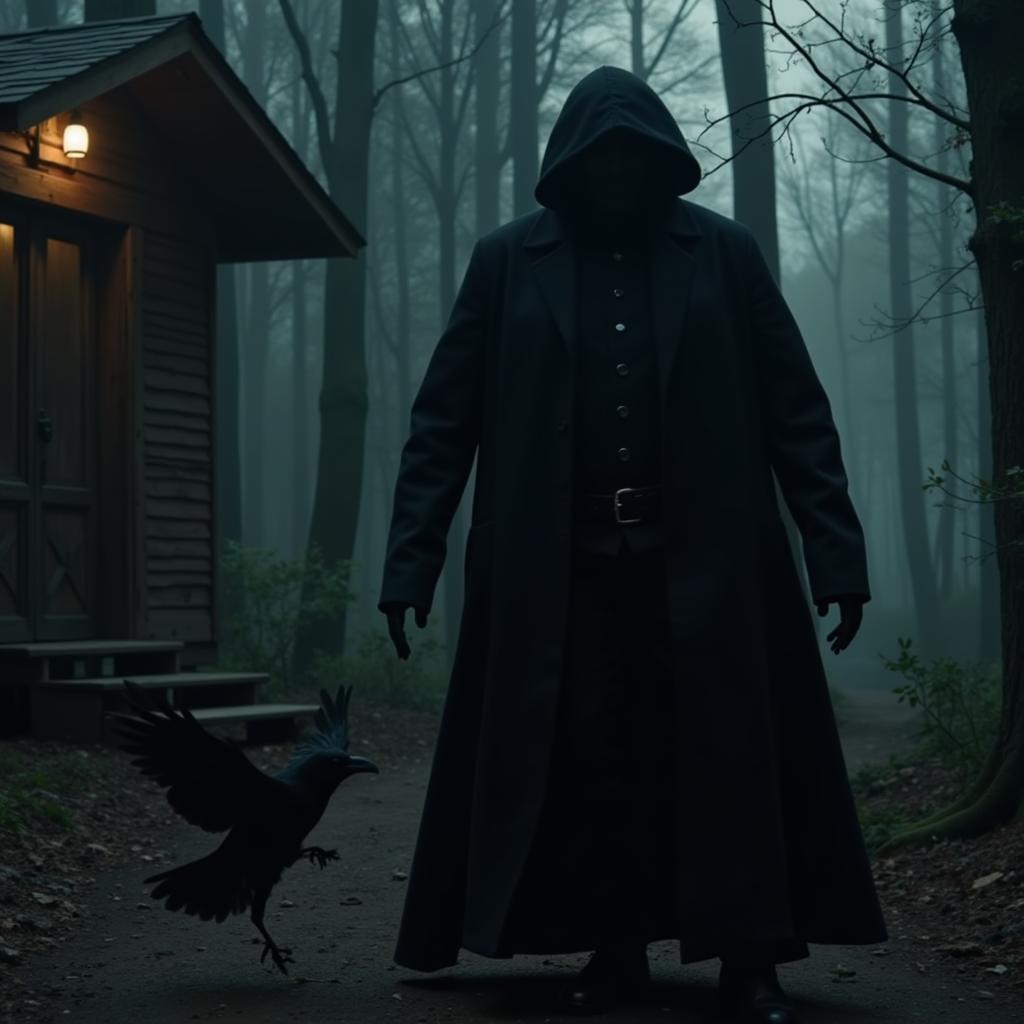The action-packed John Wick franchise has captivated audiences worldwide with its intense fight choreography, stylish visuals, and intriguing underworld lore. While the high-octane action keeps us on the edge of our seats, certain highlighted words throughout the films offer glimpses into the intricate workings of this secret society of assassins. These linguistic cues, often spoken in Russian, Latin, or other languages, add layers of depth and meaning to the narrative, enriching the viewing experience for those who pay close attention.
Deciphering the Code: Common Highlighted Words and Their Significance
Several highlighted words consistently appear throughout the John Wick films, each carrying weight and contributing to the world-building. Let’s examine some of these key terms and their implications:
“Baba Yaga” – The Boogeyman of the Assassin World
Whispered in hushed tones, “Baba Yaga” is more than just a moniker for John Wick. In Slavic folklore, Baba Yaga is a supernatural being, often depicted as a fearsome and enigmatic witch residing in a hut that stands on chicken legs. This creature is known for her unpredictable nature, capable of both helping and hindering those who cross her path. The association of John Wick with Baba Yaga instantly establishes his legendary status within the assassin underworld. He is not merely a skilled killer; he is a force of nature, shrouded in myth and feared by even the most hardened criminals.
“Ruska Roma” – A Lineage Steeped in Tradition and Brutality
John Wick’s past as a member of the “Ruska Roma” reveals his roots in a distinct and formidable group. The Ruska Roma, often referred to as “Russian Gypsies,” are a historically marginalized community known for their rich cultural traditions, resilience, and, in the context of the John Wick universe, their connection to a hidden world of assassins. This revelation sheds light on John’s upbringing, hinting at a life steeped in both violence and deep-rooted customs. The “Ruska Roma” connection underscores the theme of family and loyalty that runs through the John Wick films, even within a world driven by death and deception.
“Continental” – Sanctuary and a Nexus of Power
The Continental Hotel, with its strict code and neutral ground, serves as a crucial setting in the John Wick universe. The word “Continental” itself evokes notions of sophistication, worldliness, and interconnectedness, reflecting the hotel’s role as a safe haven for assassins from all corners of the globe. It’s a place where business deals are struck, alliances are forged, and debts are paid in blood. More than just a hotel, the Continental represents an intricate system of power and order within the chaotic assassin underworld.
The Language of Violence: How Highlighted Words Elevate the Narrative
The careful use of highlighted words in John Wick transcends mere translation. These words function as cultural signifiers, adding layers of authenticity and complexity to the world-building. By incorporating words like “Baba Yaga” and “Ruska Roma,” the filmmakers ground the narrative in real-world mythology and history, lending a sense of weight and believability to the fantastical elements of the story. Furthermore, the use of foreign languages creates a sense of immersion and intrigue, inviting viewers to decipher the hidden meanings and cultural nuances embedded within the dialogue.
Conclusion: Beyond the Action – A World Rich in Detail
The highlighted words in John Wick are not mere window dressing; they are integral threads in the tapestry of the franchise’s intricate world-building. These linguistic cues offer glimpses into the history, culture, and power dynamics of the assassin underworld, inviting viewers to delve deeper into the narrative beyond the adrenaline-fueled action sequences. By paying attention to these seemingly small details, we gain a richer understanding of John Wick’s journey, the motivations of its characters, and the intricate rules governing this secret society.
